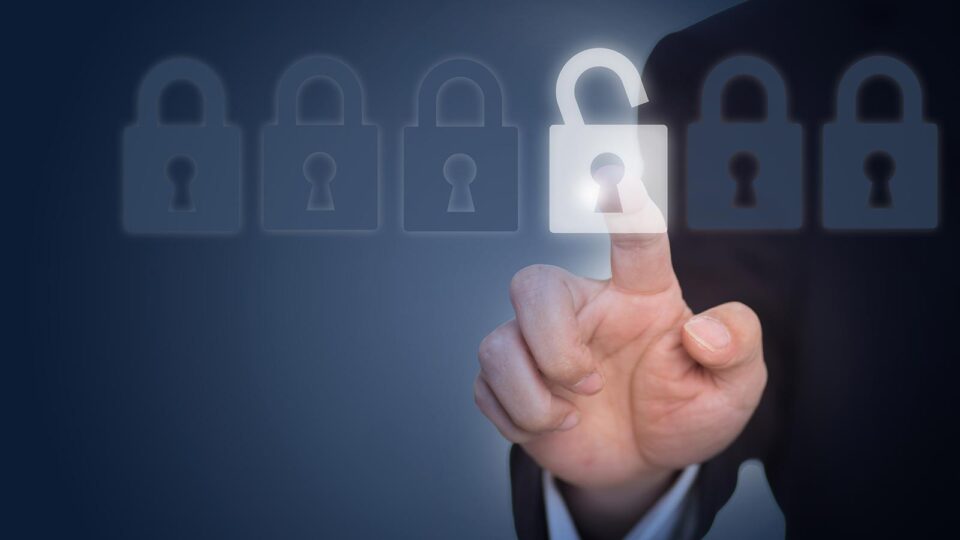The concept of being ‘too big to fail’ is frequently thrown around the tech sector, but this underestimates how quickly the industry can change – and how rapidly the reputations of the leading players can fluctuate.
The unprecedented levels of personal data handled by these firms and the resultant cybersecurity issues create a huge reputational risk for the sector.
Recommended: Cyber Security Incident
And this risk has grown, thanks to the increasing sophistication of cyber-attack efforts over the past year. Last year’s SolarWinds hack resulted in hundreds of companies and global organizations reporting compromised data. And cyber-attacks targeting individuals are evolving too. With more of us now working remotely, hackers are choosing to use phishing sites instead of malware as their weapon of choice, culminating in Google reporting the presence of over two million since the start of 2020.
It’s clear that cyber-attacks are evolving as fast as technology, and the media scrutiny of these events is becoming a glaring reputational risk for tech firms. We recently published a report ranking the reputations of leading US tech firms as a result of the effects of cybersecurity issues.
We calculated the reputational ratings of firms based on publicly available content including print, online, broadcast and social media, as well as regulator, investor, government, and NGO data. Our report revealed that the personal data attacks that blight Silicon Valley are leaving a lasting impact on public perception, and that the overall reputation of the sector is falling as a result.
Read More: Google Workspace Upgrades Alert Center With Advanced Counter-Abuse And Threat-Analysis Capabilities
Apple was ranked at the bottom of the index as facing the highest reputational risk, after it was found to have malware infecting thousands of its devices as recently as this year. Facebook, Netflix, and Amazon occupy the preceding three lowest positions. Notably, Facebook dropped to 14th place after the data of 500 million users was breached. And Amazon’s low ranking can be attributed to an app bug that revealed the home addresses and precise location of Ring users.
The instinct for the GAFAM companies implicated in these scandals may be to quickly move on and, to some degree, they succeed at doing so. However, consumers shouldn’t be taken for granted and evidence suggests that they are wising up to data mismanagement. According to a 2021 survey conducted by Entrust, only 21% of consumers trust that brands are keeping their data safe and 31% actively monitor the news for any breaches involving their personal data.
Before customers walk away, it is important that businesses act to ensure the management of personal data is tightly controlled. They should be prepared to invest and collaborate with other organizations to identify security threats. One way to address phishing hacks is to continue the development of automated identity verification solutions and to adopt a Zero Trust philosophy, which is rooted in a “never trust, always verify” approach to network infrastructure.
“The companies positioned at the top of our index – IBM, Microsoft, Salesforce, and Symantec – all share a common purpose of addressing the complexity of the rapidly changing cybersecurity landscape.” These firms are positively impacting their reputations by launching security-focused product updates and taking other proactive measures to target this growing issue.
Indeed, IBM has risen to first place thanks to its investment of $3 million in grants to defend schools from cyber threats. The firm also published its 2021 X-Force Threat Intelligence Index.
Despite heavy criticism during the SolarWinds hack, Microsoft retained its position in second place, thanks to the launch of a free tool aimed at hunting malware. Salesforce and Symantec capture the following two places, with the latter having discovered a malware strain used during SolarWinds.
Overall, our research indicates there are two steps to ensuring reputational success when it comes to cybersecurity. Inevitably this starts with ensuring your own customer data is well protected. But the real reputational leaders are those companies that are using innovation to go beyond mere self-protection, to help protect the wider public from the cybersecurity issues that most concern them.
Building in good cybersecurity practices is now a mandatory component for any tech brand, and huge resource investment is needed to keep consumers onside. But as the overall reputational score for the sector continues to fall, are tech firms losing the cybersecurity race in the public’s eyes?
[To share your insights, please write to us at sghosh@martechseries.com]


